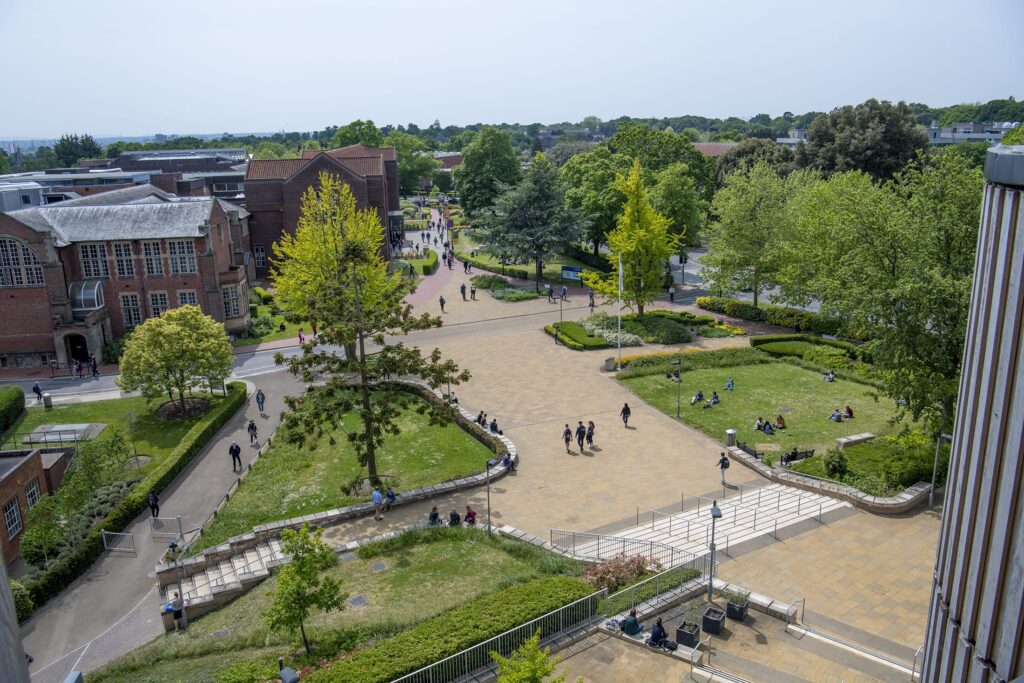Philosophy




Tuition

Duration

Admissions Deadline

Location
Profile
Is there a god? Are our minds separate from our bodies? How much can we ever really know? On this 3-year BA Philosophy degree, you’ll grapple with some of the most profound questions. You’ll also develop critical thinking and analysis skills that will be essential in your future career.
This course will help you develop your own thoughts on abstract issues and introduce you to philosophical debate. You’ll explore questions in core areas, such as:
- ethics
- epistemology
- metaphysics
- philosophy of mind
- political philosophy
You’ll apply philosophical thought to practical questions on subjects including:
- global poverty
- future generations
- sex and gender
- artificial intelligence
As part of this course you can:
- get involved in many events, including talks by visiting philosophers and activities arranged by the student-led Philosophy Society
- take part in other Philosophy courses and events run by the Lifelonglearning team where you can discuss philosophy in an informal, relaxed atmosphere
- develop research and presentation skills
- choose from a wide range of optional modules to follow your interests
- explore subjects as varied as scriptwriting and Islamic philosophy
This degree is also offered with a year studying abroad.
Notes
There is an option for Philosophy with Year Abroad (BA).
This program takes a place at Avenue campus.
UK students pay €10,850.
Admissions Requirements
High School Diploma with three AP tests at scores of 544 OR Three SAT subject tests at scores of 700, 650, 650 or a combination of the two. GPA of 3.0 or better is required!
We can also consider excellent grades in Honors or College-level classes or ACT or SAT scores in lieu of AP or SAT subject tests on a case-by-case basis.
Map
Sorry, no records were found. Please adjust your search criteria and try again.
Sorry, unable to load the Maps API.
Related Programs
Program Information
Southampton
United Kingdom
- 3 years
- 4 years
- Full Time
- On Campus Learning
Additional Information
- Bachelors
Considerations
